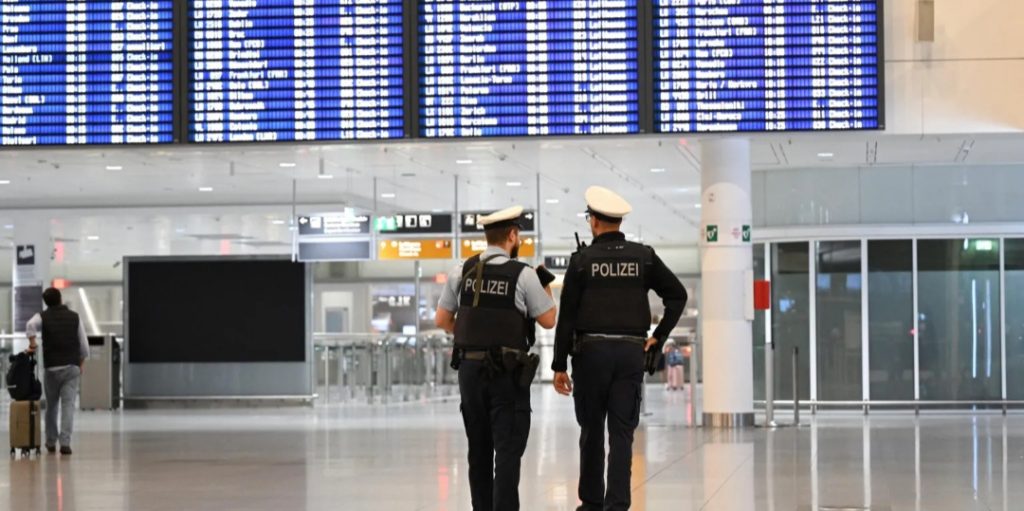
Crystal Dike
Flights have resumed at Germany’s Munich Airport after unconfirmed drone sightings forced the facility to suspend operations for the second time in 24 hours.
In a statement on Friday evening, airport authorities said operations were halted at 9:30 p.m. local time (8:30 p.m. GMT), affecting around 6,500 passengers. The suspension followed a similar disruption on Thursday evening, when at least 17 flights were grounded due to multiple drone sightings near the airport’s airspace.
By Saturday morning, the airport said flights were being “gradually ramped up,” though passengers were warned to expect continued delays throughout the day. Travellers were also advised to check flight statuses before heading to the airport.
The incidents are part of a growing series of drone-related disruptions across Europe in recent weeks. On Thursday, Belgian authorities launched an investigation into reports of 15 drones spotted above the Elsenborn military site near the German border. The drones reportedly flew into Germany, where police in the western town of Düren also observed them.
Officials have so far been unable to determine the origin or operators of the drones.
Germany’s Interior Minister, Alexander Dobrindt, said he would raise the issue of anti-drone defences at a meeting of European interior ministers on Saturday, which was initially convened as a migration summit. Earlier on Friday, he also vowed to accelerate legislation that would allow police to request military intervention to shoot down drones posing security risks.
Recent incursions have heightened concern across the European Union, prompting leaders to discuss coordinated countermeasures at a summit in Copenhagen earlier this week. Several member states have endorsed a proposal for a multi-layered “drone wall” to detect, track, and destroy hostile drones, particularly those believed to originate from Russia.
Tensions have risen further after 20 Russian drones reportedly crossed into Poland and Russian MiG-31 jets violated Estonian airspace in separate incidents. Similar drone sightings forced temporary closures at Copenhagen and Oslo airports.
German Chancellor Friedrich Merz said ahead of the Copenhagen summit that airspace incursions were becoming increasingly frequent, calling it “reasonable to assume the drones are coming from Russia.” Moscow has denied any involvement, while Danish authorities say there is no conclusive evidence linking the incidents to Russia.
Speaking at a summit in Sochi on Thursday, Russian President Vladimir Putin dismissed suggestions he ordered drone operations targeting Denmark, joking, “I won’t do it again — not to France or Denmark or Copenhagen.”
